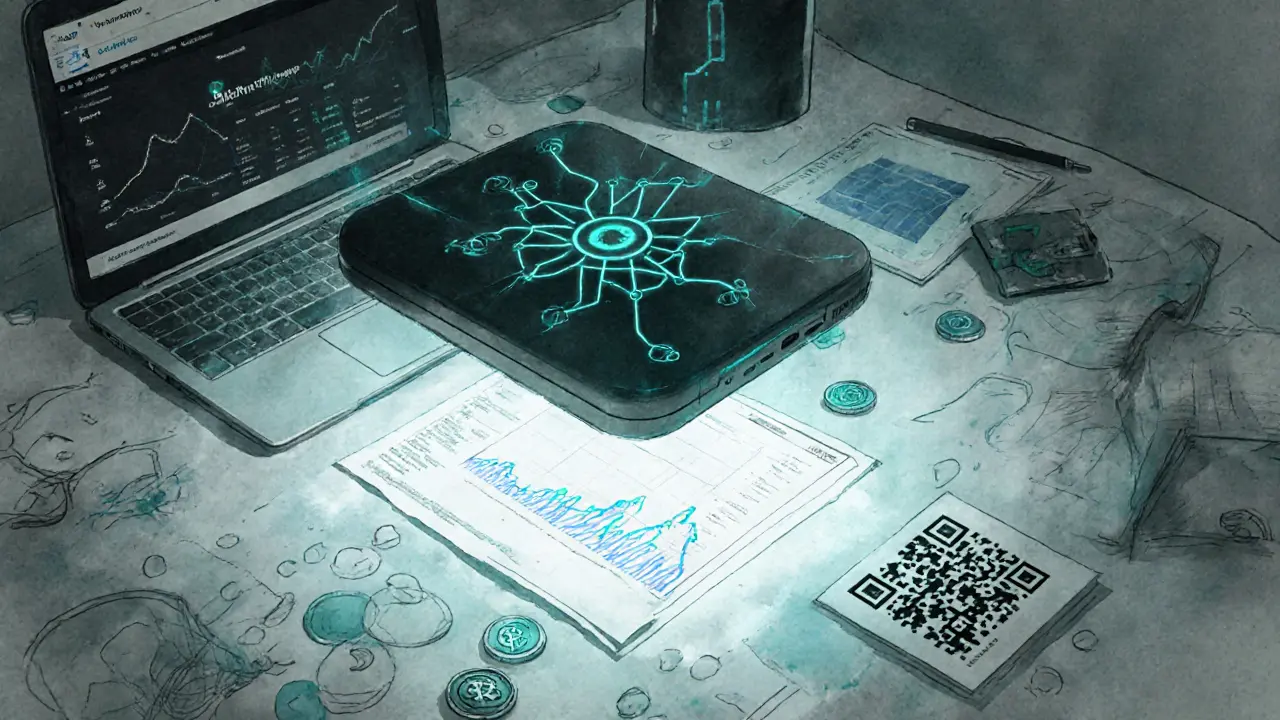CGPT Giveaway: What It Is, Why It Vanished, and What to Watch For
When you hear CGPT giveaway, a promotional token distribution tied to a crypto project that never delivered a working product. Also known as fake airdrop, it’s a tactic used to grab attention, collect wallets, and disappear—often before anyone can claim anything. These aren’t rare. They’re the new normal in a space where hype moves faster than code.
Most crypto airdrop, a free distribution of tokens to users, often to build early community interest campaigns are legit. But the ones that promise easy money with zero effort? Those are the ones that vanish. The CGPT giveaway was one of them. It popped up on Twitter, Telegram, and Reddit with flashy graphics, fake celebrity endorsements, and a countdown timer. People signed up, connected wallets, shared posts, and waited. Nothing came. No tokens. No explanation. Just silence. That’s not a mistake—it’s a pattern. Projects like this rely on the fact that most people won’t check if the team is real, if the contract is audited, or if the website has been live for more than a week.
It’s not just about the token giveaway, a distribution of digital assets meant to incentivize participation. It’s about the mechanics behind it. These scams use the same playbook: urgency, secrecy, and social proof. They’ll say, "Only 1,000 spots left," or "Verified by Binance," even when Binance has no connection. They’ll show fake claim counts, screenshots of "successful" users, and links to non-existent blockchain explorers. And once you enter your wallet address, it’s over. Your info is logged. Your wallet is tagged. And next time, you’ll get targeted by worse scams.
What’s worse? You’re not alone. Thousands fall for these every month. The same people who got burned by FEAR NFT tickets, PunkCity, or the StarSharks fake airdrop are now seeing CGPT pop up again—with a new name and a new logo. The rules haven’t changed. The targets haven’t changed. Only the branding has.
So what should you do? First, never give your private key. Ever. Second, check if the project has a live, working product—not just a whitepaper and a Discord. Third, look for real team members with LinkedIn profiles, not just pseudonyms. And fourth, if it sounds too good to be true, it is. Real airdrops don’t ask you to share posts. They don’t need your wallet to "verify" you. They just drop tokens to eligible addresses after the fact.
Below, you’ll find real stories of what happened when people trusted the hype. Some lost money. Others lost time. A few learned the hard way how to spot the next one before it even starts. These aren’t just posts—they’re warning signs you can’t afford to ignore.
CGPT x CoinMarketCap Airdrop: How to Qualify for the $50,000 ChainGPT Token Giveaway
ChainGPT partnered with CoinMarketCap for a $50,000 CGPT token airdrop in late 2023. Learn how it worked, who qualified, the risks involved, and what’s next for the AI-powered Web3 project.
VIEW MORE
